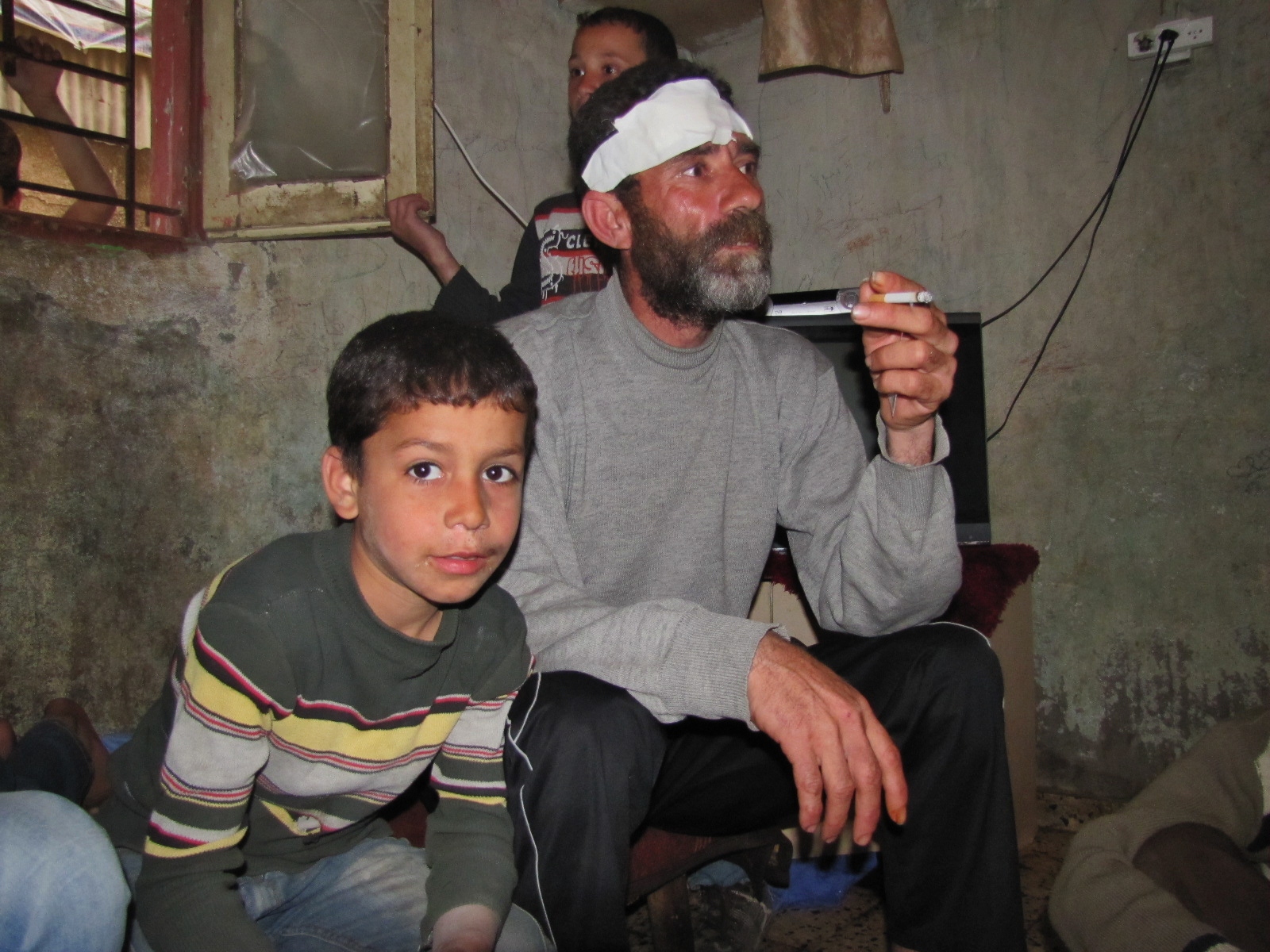Tag: Fishermen
-
The siege in the sea: Accompanying Gaza’s fishermen under attack by the Israeli Navy
by Rosa Schiano 19 April 2012 | il Blog di Oliva To accompany the fishermen of Gaza on their boats, as human shields to protect them, it provides not only an account of human rights violations by Israel, but also the feeling of what it means to live under siege in the Gaza Strip. Since…
-
Khamis, injured by the Israeli navy while fishing in the waters of Gaza
by Rosa Schiano 27 March 2012 | il Blog di Oliva A Palestinian fisherman, Khamis Baker, was injured on Sunday morning when the Israeli navy opened fire on a group of Palestinian fishing boats in the waters of Gaza. The Khamis family’s home, in Al-Shati camp (“Beach” camp), is poorly lit , the ceiling falls…
-
5 Palestinian fishermen arrested by Israeli Navy, one of them a 13 year old boy
by Rosa Schiano 16 February 2012 | il Blog di Oliva In the past few days five Gazan fishermen have been arrested by the Israeli Navy off the north coast of Gaza. Adham Mahmoud Abu Ryada, 22, and his brother Mohammed Mahmoud Abu Ryala, 13, were both arrested on Sunday evening. Jamal Ramadan Al Sultan, 58…


